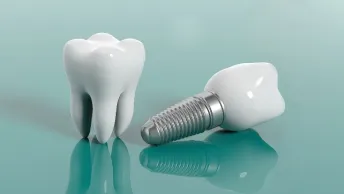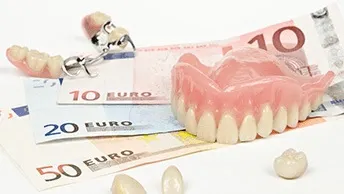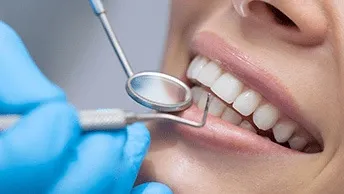While completely free dental implants are rare, there are several options to access them at significantly lower costs than the typical range. Here are 6 methods to explore:
1. Free and Low-Cost Dental Programs:
Local Community Health Centers: These centers often offer low-cost or sliding-scale dental services, including implants, to uninsured or underinsured individuals. Find centers near you through the Health Resources and Services Administration website: https://findahealthcenter.hrsa.gov/
Dental Schools: Many dental schools provide student-performed implant procedures at significantly reduced costs. While there may be longer wait times, the quality of care is often comparable to experienced dentists. Research dental schools in your area and inquire about their implant programs.
Dental Charity Organizations: National and local charities like Give Back a Smile Foundation and Implant Dentistry Charitable Foundation sometimes offer grants or assistance for obtaining dental implants.
2. Utilize Dental Discount Plans:
These plans allow members to access dental services, including implants, at discounted rates through a network of participating dentists. Research plans like NewMouth, Careington, and United Concordia Dental Discount for their pricing and network coverage in your area.
3. Consider Flexible Spending Accounts (FSAs) or Health Savings Accounts (HSAs):
If you have access to these employer-sponsored accounts, you can contribute pre-tax dollars to cover medical expenses, including dental implants. This can significantly reduce your out-of-pocket costs.
4. Negotiate Payment Plans with your Dentist:
Many dentists are willing to offer flexible payment plans for larger procedures like implants. Be upfront about your budget and inquire about options like installments or financing.
5. Research International Options:
While it's crucial to thoroughly research quality and safety, some countries like Thailand or Mexico offer dental implants at considerably lower costs. However, consider travel expenses, potential communication barriers, and potential lack of follow-up care in your home country.
6. Participate in Clinical Trials:
Some researchers conduct clinical trials for new implant technologies or procedures. You might receive free or significantly reduced-cost implants in exchange for participating in the study. Carefully evaluate the risks and benefits before deciding.
Prioritize Quality: While cost is important, don't compromise on the quality of your dental care. Always choose a qualified and experienced dentist, even if it means paying slightly more.
Get Estimates: Before committing to any treatment, obtain written estimates from different providers to compare costs and services.
Be Informed: Ask questions about the materials used, the procedure details, and potential risks and complications. Choose the option that best suits your needs and budget.
Finding affordable dental implants requires research and proactive effort. By exploring these options and prioritizing quality, you can access the smile you deserve at a manageable cost.



